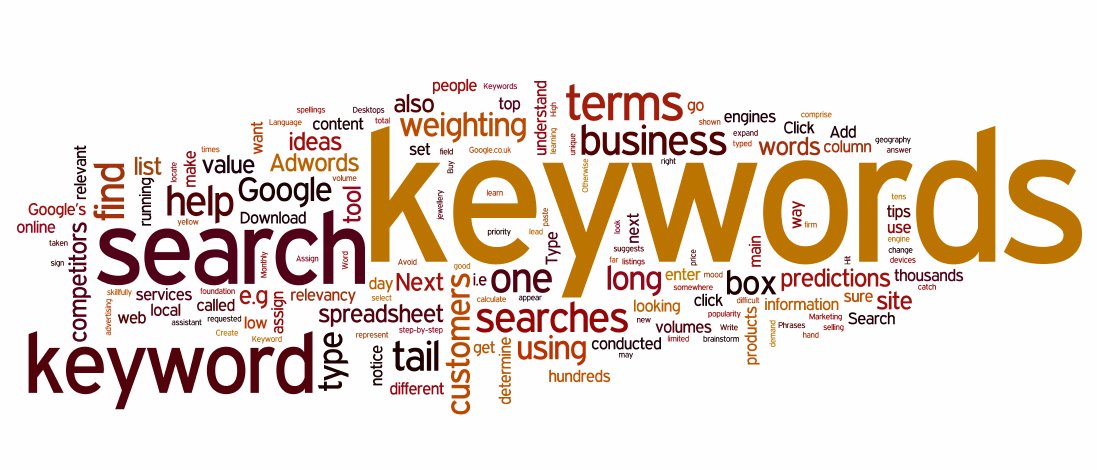
Intellectual Property Issues With Metatags And Advertising Keywords
Metatags are a type of metadata included in the underlying code of a website. They are commonly used as a tool for assisting in the search for relevant information on search engines such as Google. The creator of a website will include relevant terms and information associated with the content of their website within the metadata, as tags, invisible to the reader, as a way of ensuring their site appears ‘high up’ in the results of search engines. Where a business pays to promote their website, they may also purchase what are known as ‘advertising keywords’, to ensure their website appears as one of the top results of a relevant search in the paid advertising area of SERPs.

Issues in relation to intellectual property arise where the information inputted into these ‘tags’ or purchased as advertising keywords consist of trade marks, belonging to third parties who may or may not offer similar services to that of the website, as a way of attracting traffic to the site. The legal principles established in this area have been laid down by a number of cases which help to offer guidance on what is and is not lawful. The courts have looked closely at the element of confusion (with reference to Art 5 of the Trade Marks Directive, which grants exclusive use of the trade mark to the proprietor and prevents third parties from exploiting the trade mark without the relevant consent of the proprietor) that is caused by the use of trade marks within metatags and advertising keywords, as this is an issue that lies at the heart of trade mark infringement.
The case of Google France SARL v Louis Vuitton Malletier SA (2010) acknowledged the role of an Internet Service Provider (ISP) and how they too may face liability for such infringement. The judge here considered the amount of control that an ISP has over the content used by advertisers. It was held that an ISP could be liable for infringement where they had knowledge and control over the advertisers unlawful activity, and in turn failed to act against it.
In relation to purchasing an advertising keyword that includes the registered mark of a business, the Interflora v Marks and Spencer case provides useful guidance as to how far this is lawful. One of the factors that this case considered is the extent to which a web-user would be able to determine whether the results that are found relate to that of the business they are actually searching for, or a competitor. If it is obvious that a sponsored link, appearing as a result of a search which included the name of a specific business, was not in fact an advertisement for that business, this would not reduce the distinctiveness of the respective business mark. Consequently, this would not constitute an infringement.
It is important to note that, as indicated by the Cosmetic Warriors Ltd v amazon.co.uk Ltd (2014), where a search includes the mark of a business, but the advertisements shown as a result only reference products similar to those offered by that business (and not the business itself), this would not constitute an infringement. Another point worth noting is in relation to online marketplaces. The case of L’Oreal v Ebay (2009) in the High Court, shows that an online marketplace, as Ebay in this case, may be held personally liable for any misuse of a keyword in a sponsored link where these words cause confusion to web-viewers who believe that they are associated. Again, the element of confusion would give rise to a potential claim for the infringement of the trade mark used in the keyword.
Where the mark being used is not for goods or services similar to those which would usually be associated with the mark the issue of confusion would not be as prevalent, but instead courts would look to the element of detriment (as per s10 (3) TMA)) that use of the particular mark has caused to the business that registered it.
Finally, as the internet is a globally accessible space, it is important to touch upon the issue of jurisdiction. This was addressed in 1-800 Flowers Inc v Phonenames Ltd (2000). It was held that where the owner of a website intends for it only to be used and viewed within a certain area, it is not reasonable to assume for the purposes of trade mark law that it is in use across the world. What a reader would understand the owners intention to be, does of course also play a part in deciding jurisdictional issues.
Aside from trade marks, a claim for passing off may be brought, either in addition to or independent of a trade mark infringement claim. This may be where a business with a reputation sees this damaged as a result of its use by a third party through a metatag or advertising keyword. Therefore, it is important for web developers to be cautious when creating websites and where possible refrain from using a trade mark or logo belonging to another business within the hidden text of their website, or purchased as a advertising keyword. These increase the likelihood of confusion, the consequences of which can potentially be detrimental to the owners of the website, including a possible injunctive order, damages or an order to account for profits.
